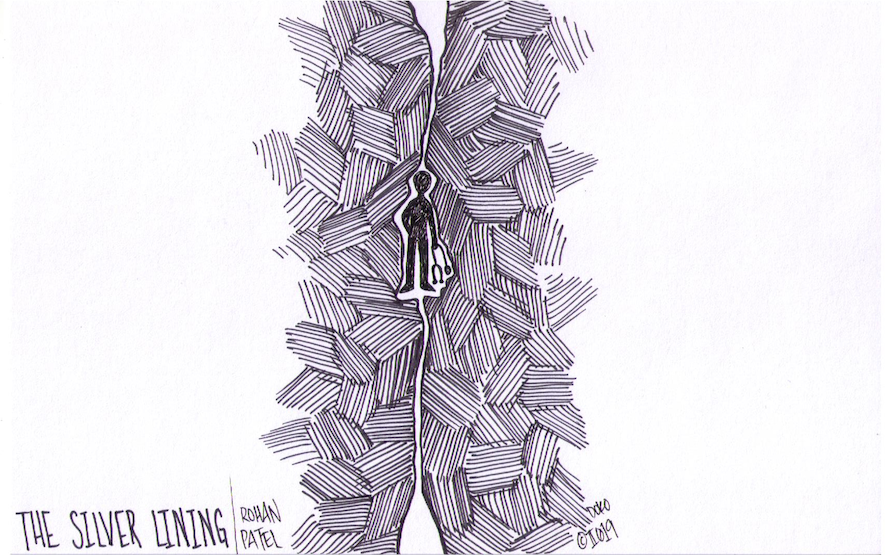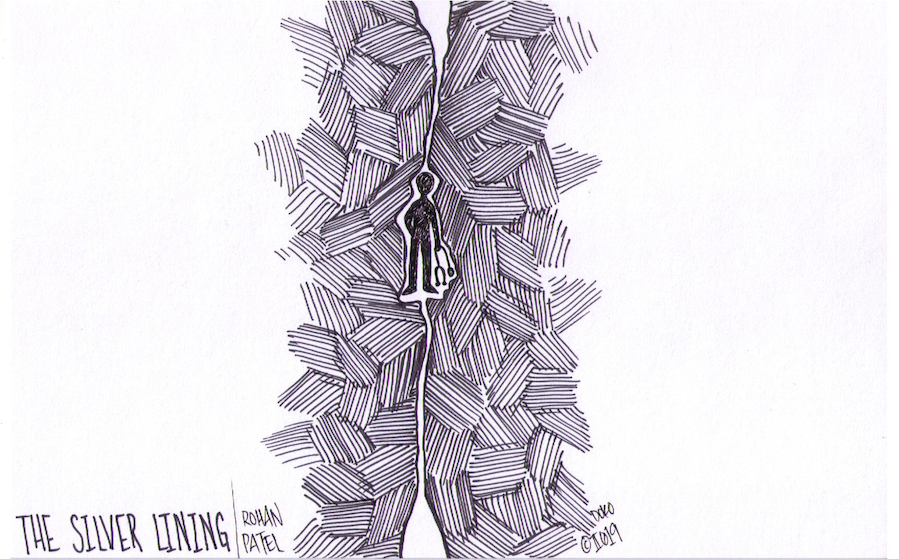This phenomenon of imposter syndrome is prevalent in many of us pursuing medicine. Especially for those of us who are first-generation physicians, we are left to fend through uncharted territories. While we try to do our best to navigate this difficult path, we are left feeling that there is someone else better suited for our spot in medicine. We feel that we are not deserving of this privilege. As we pass through these high obstacles — basic sciences, board exams, core rotations, even electives — we stew in self-doubt after each success.
Two years of intense studying should have culminated in a feeling of strength. I ended my second year of medical school thinking I was now prepared to do anything. I was excited to be a problem-solver, armed with the mental acuity to recognize diseases from A to Z, ready to proceed with the next step in my clinical training. Now, in my third year, it is finally time to act like a real doctor. But our superiors treat us like their personal assistants.
“Wow, your accent is so impeccable! How long have you been learning English?” “You must have so many doctors in your family, I’m sure it is easy for you.” “Do you really want to become a doctor? Or is it just because your parents are forcing you to do so?”
“Time of death: 12:26 p.m.” Hearing those words on the first day of my Intensive Care Unit (ICU) rotation was surreal when just a few hours ago we were discussing the patient’s status during rounds.




